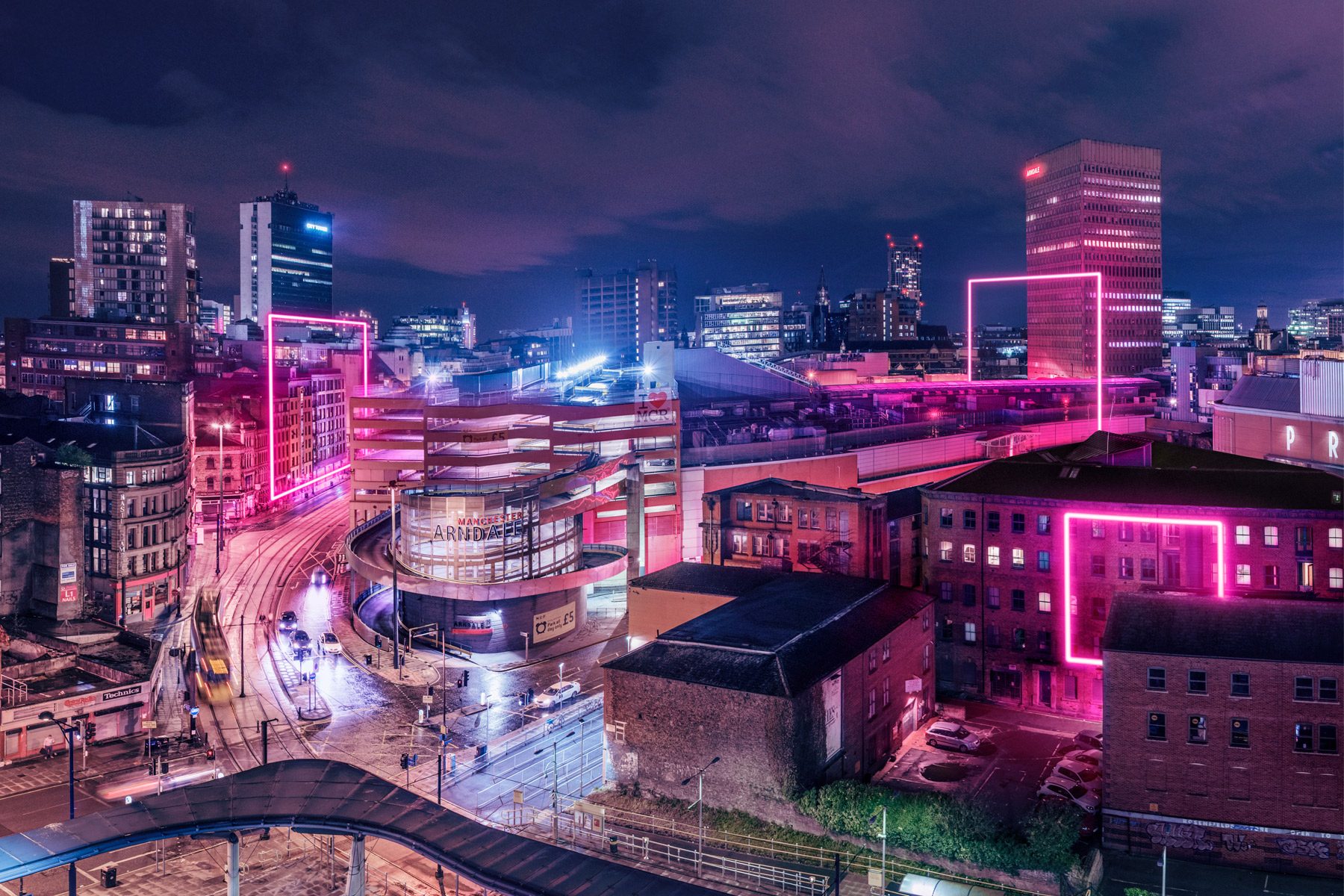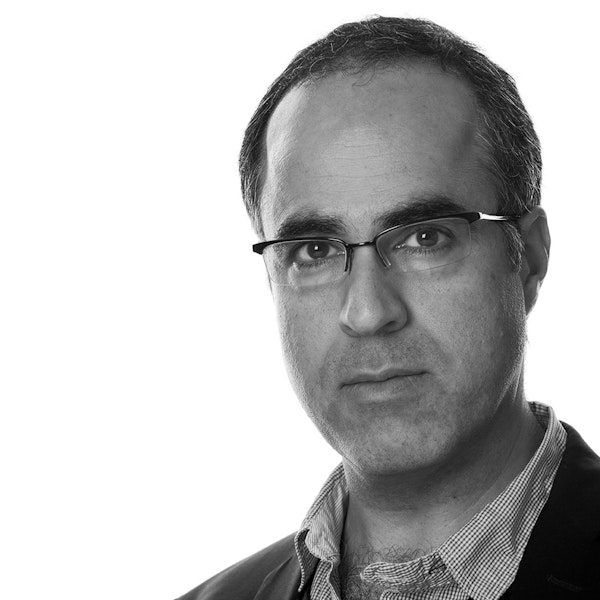- What should you get from an internship? Experience, contacts, mentorship.
- Dan Cooper - The Nomad Designer
- Try things, experiments, get them out there, fail etc.
- Stand out from the crowd
- Cool Bus - Bought a bus and travelled around the USA. Now works as an art director at a magazine in New York.
- Post thing on Reddit
- There is always value in being yourself. Unique Mix.
- Think creatively about your career.
- Tap into your interests and passions.
- When applying for an internship the best way to approach a studio is to taylor something to them.
- Research and find out their core values and the way in which they work then tactically approach them. It will immediately set you apart from the crowd. Look at previous projects which they have worked on and then replicate one of your own in their way.
- Do it as a quick project which you can then use in your portfolio.
- Brand guidelines that you've proposed to the brand on their behalf.
- Shows you've researched them and their brand.
- Send it through the post. A physical thing to come across and then open.
- Think Tactically.
Tuesday, October 24, 2017
OUGD602 - Finding an Internship - Tips and Advice
Sunday, October 15, 2017
OUGD602 - Design Manchester 2017: Design City Reframed
On Friday I headed to Manchester for the fifth annual Design Manchester Conference held in the heart of the city at the Principal hotel. The event featured an array of talented guest speakers from a wide range of different fields in the industry including graphic design, illustration, UX design and architecture:
- Naresh Ramchandani (Advertising and communications partner at Pentagram)
- Louis Mikolay (A graphic Designer from North Studio)
- Alex McDowell (Narrative Designer, Founder and Creative Director of Experimental Designs)
- Emily Forgot (Illustrator)
- Tash Wilcocks (Illustrator and Designer, working for Hyper Island)
- Jane Murrison (User Experience designer for the BBC)
- Ellen Van Loom (Award Winning Architect, OMA)
- Patrick Burgoyne (Editor at Creative Review Magazine)
Despite the difference in individual disciplines of each guest speaker, the advice and anecdotes given could be translated into all areas of design. I made sure to take notes of advice that I could apply to my own practice throughout the day and other points which I found interesting. They are as follows:
Naresh Ramchandani
- It's really good to be a beginner
- 'Getting old always felt to me like a long, slow march to expertise, but it's good to be naive, learn, and make mistakes'
- Always try new stuff, follow your heart and be experimental
- Hang in there.
Louis Mikolay
- For each brief you do, write down the key objectives and make sure they end result adheres to them.
- Eg. Must be simple, international, clear, memorable
Tash Wilcocks
- You need to put yourself out there and do something that scares you
- Crush the anxiety - Turn it into excitement and energy
- A phone is a tool just like a hammer. You wouldn't put your hammer on the table just in case you might need it.
- Likes and notifications are more addictive than heroine - The inventor of the like button has a child lock on his phone and doesn't allow himself to have facebook or twitter
Alex McDowell
- Traditional practices such as carpentry are not abandoned in today's societies, they can be enhanced for new and exciting projects.
- Augmented reality - flying a whale over the audience
- Virtual Reality - employs the art of theatre more than any other media
- Empathy is crucial in design
- AI has a very real possibility of enhancing virtual reality by bridging the gap between what humans are capable of, however, this is a very delicate relationship
- Ancestral AI - how to continue engaging with people who have passed, by accessing their memories/mannerisms.
Emily Forgot
- Your opinions and the way that you see and experience things are what makes your practice unique to you. If that filters into your work it can make you stand out from the crowd.
- No-one else will have the same experiences and memories as you
- Find what makes you tick
- Take the pressure off of trying to be original
- Notice the things the resonate with you - Interiors, Architecture, plants
- Looking at fashion collections is a good place to find colour palette inspiration
- Don't look in the same places that everyone else is looking for inspiration
- Be as random as possible
- Allow for brief distractions and procrastination at the beginning of a project
- In the long term, it is better to get creatively excited about a project like this than to get going straight away.
Subscribe to:
Comments (Atom)





